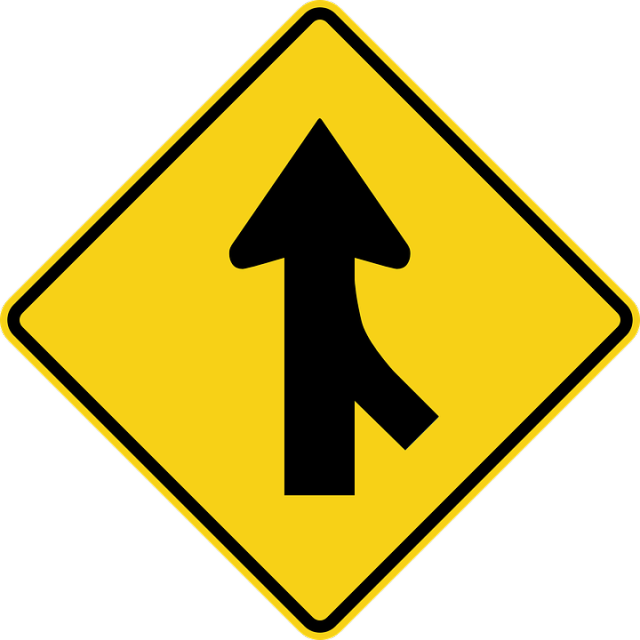
Welcome to the second piece in what will be a four-part series on the new Oregon marijuana bills, all of which came out of the recently concluded short session. This entry surveys enrolled SB 1511, one of two omnibus bills that make significant improvements to the Oregon marijuana regime. For the other omnibus bill, check out our take on HB 4014, which opened Oregon’s cannabis industry to out-of-staters.
Last year we wrote that Oregon’s medical and recreational programs likely would not stay separate forever, and SB 1511 is a big step in conflating the two. SB 1511 is known as the “co-location” bill, because its marquee change allows recreational marijuana licensees to register with the Oregon Liquor Control Commission (OLCC) to produce, process, transfer or sell pot for medical purposes. This provision adds to overlap that began with sales of marijuana flower under the “early start” program that began last fall.
Regarding early sales, SB 1511 allows medical marijuana dispensaries to sell edibles and extracts to all adults 21 or over, though with daily limits, prior to the establishment of retail marijuana dispensaries this fall. There is no start date given for this provision, but sales should take effect soon. In a key step, both OMMP cardholders and their caregivers are shielded from taxation at retail. This safe harbor addresses concerns about the costs of medicine increasing with many growers now eyeing the recreational market.
For both markets, the rules require the Oregon Health Authority (OHA) to adopt rules establishing single serving THC limits for consumers with and without valid OMMP registration cards. It will be interesting to see if Oregon sticks with the cautious 5mg/serving 50/mg container limits for edibles, or takes a more enterprising approach.
SB 1511 also touches on agreements between and among growers, patients and caregivers, which have always been a cornerstone of the medical program. Going forward, marijuana produced under personal agreements will be exempt from mature marijuana canopy limits, but OMMP possession limits still apply. For growers moving to Oregon’s recreational program, the new possession limits are stayed until April 1st, depending on when the grow site was registered, and subject to certain reporting. For growers staying in the medical program, the relevant date is May 1st. Growers applying for OLCC licensure must now follow new rules for notifying patients of the change.
In a piece for local governments, cities and counties may adopt ordinances allowing medical dispensaries or marijuana retailers to be located within 500 feet of schools if the local government determines a physical or geographic barrier separates them. Somewhere, the League of Oregon Cities may be gritting its teeth. Come back soon for our summaries of Oregon’s final two marijuana bills: SB 1598 and HB 4094.























